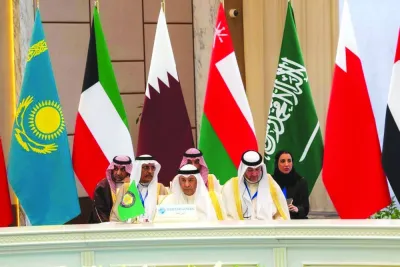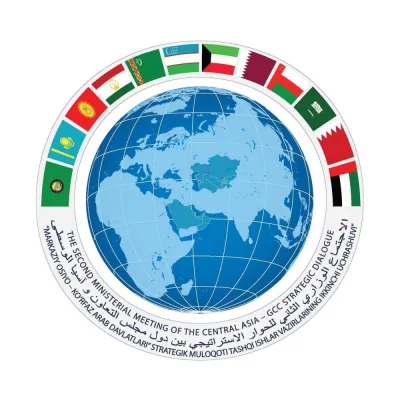Nationalisation programmes in the region are designed to reduce the states' reliance on foreign workers by encouraging, and sometimes compelling, private sector firms to hire nationals.
Nationalisation of labour programmes have taken on greater urgency over the past six years; high unemployment was one of the primary macroeconomic grievances that led to the wave of protests from Tunisia to Syria in 2011, and given high levels of joblessness among GCC nationals, there are efforts to remedy this through localisation programmes.
In the UAE, such policies have been in existence since the 1990s, and have included non-mandatory industry-based quotas, employment targets for Emiratis, and quotas on expatriate labour.
Saudi Arabia stand out as faring particularly poorly under these metrics, with investors highlighting these as the most problematic aspects of doing business in the country by a wide margin.
On the impact of introduction of value-added tax (VAT) at the GCC level, BMI said, “planned for 2018, it will be positive to reduce fiscal deficits, but will have a limited impact on economic growth and inflation.
“The initial VAT rate will be 5%, but there is potential for hikes the following years. We believe that the introduction of VAT will boost non-oil revenues and contribute to the reduction of budget deficits.
“This will be particularly beneficial for fiscal positions, as we expect oil prices to remain low over the coming years, averaging $54 per barrel in 2017, rising only gradually to $55/b in 2018 and $60/b in 2019.
“In isolation, we expect the introduction of the VAT to have a minimal impact on consumption growth and on the economy, largely owing to the small initial rate of 5% and the large range of exemptions, most notably food and beverages (which account for a large share of the CPI basket),” BMI said.
“The introduction of VAT, BMI noted is clearly a part of the GCC's strategy to move away from reliance on oil, although it cautions that this is a very long process.
“In most states, reforms will fall short of stated diversification objectives. With the introduction of VAT part of long-term economic transformation strategies, and oil prices unlikely to return to boom years, we see a reversal as unlikely.
“We believe that a revers Al would only occur if the introduction of VAT generates widespread discontent among the populations, which we view as unlikely given the minimal economic impact it will have,” BMI said.

GCC flag
Progress in nationalisation of labour programmes in the GCC will remain “fairly slow” despite the political imperative, BMI Research has said in a recent report.


